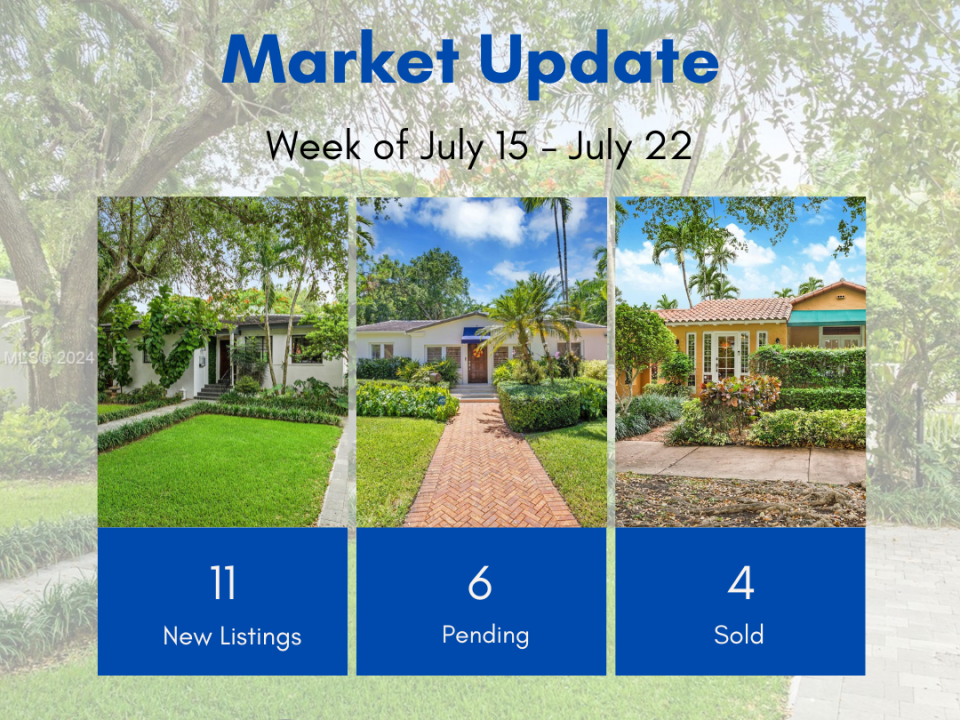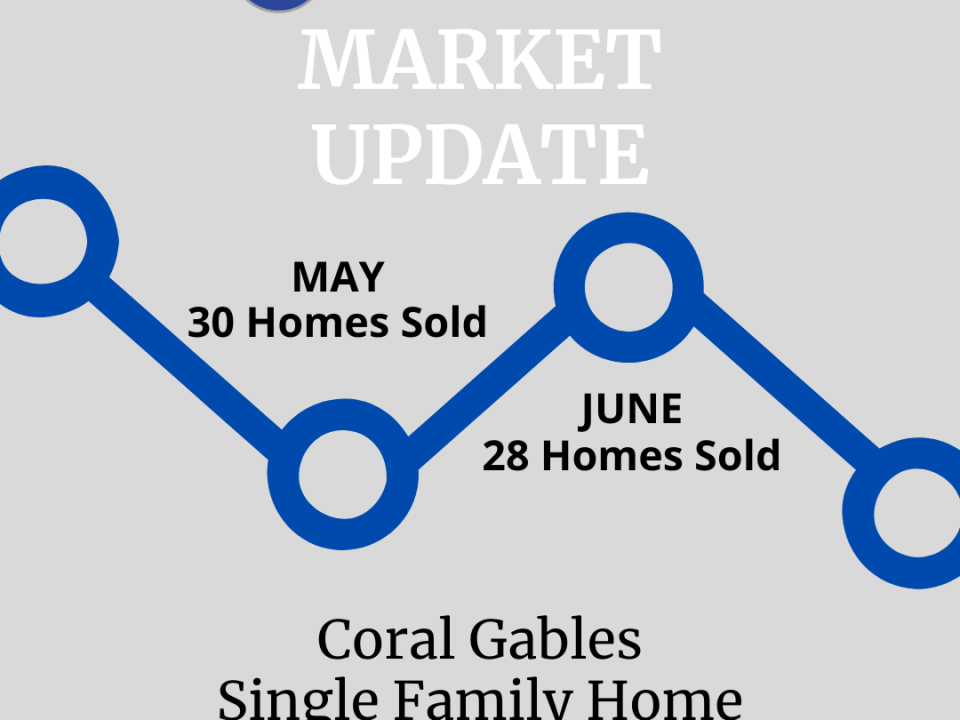Rising interest rates make ARMs more attractive with their lower rates. But what’s a better choice these days: a fixed mortgage or ARM?

 Congratulations on making the decision to purchase a new home. For some, this may have been an arduous process, while for others, they may have found their new dwelling quickly. Regardless of the time spent, it’s just the beginning of the home-buying process. Next up is deciding which type of mortgage is for you: should you go with a fixed rate or an adjustable-rate mortgage (ARM)?
Congratulations on making the decision to purchase a new home. For some, this may have been an arduous process, while for others, they may have found their new dwelling quickly. Regardless of the time spent, it’s just the beginning of the home-buying process. Next up is deciding which type of mortgage is for you: should you go with a fixed rate or an adjustable-rate mortgage (ARM)?
Rewind to 2013 and homeowners faced with this decision, found fixed-rate and ARMs close to each other, with many borrowers not taking the ARM plunge as they were unwilling to take some risk of rising interest rates, increasing that monthly mortgage rate.
This was nothing new as first time homeowners faced these challenges in the mid-2000s; they had relied on low monthly payments that increased later. But today the landscape is changing. While there’s still risk, if you’re prepared for a future rate increase, an ARM in the short-term can save your money.
Current Mortgage Market
Recently, banks have been constricting their lending standards to guarantee borrowers who do go with ARMs, will be able to afford them with a rate change as interest rates have starting rising. The allure for homebuyers has been seeking a home loan with the lowest rate.
So how popular is the ARM market? It’s on the rise with April’s 8.4 percent of all home loan applications, up from March’s 8.2 percent and February’s 7.7 percent number (same as December’s figure), according to the Mortgage Bankers Association.
These numbers are highest since June 2008 as the rate spread between adjustable loans and fixed-rate loans has expanded.
As for the fixed rate, the average U.S. figure is 4.01 percent, up from a recent 3.92 percent, according to Zillow. The average for the 15-year mortgage was 3.01 percent.
By comparison, the average rate on a five-year adjustable mortgage was 2.76 percent.
Selecting a Mortgage
From these different mortgage options, maybe your interest has been piqued by an ARMs’ lower rate. Before you make a decision, here are some questions to ask yourself.
How long do you plan to own your home?
ARMs usually come with fixed interest for five, seven or 10 years followed by a reset of the loan to a higher rate—sometimes at numerous occurrences.
If you plan to sell your home before the inaugural fixed-rate period comes to an end, such as under five years, it may make sense to go with an ARM to avoid this potentially higher interest.
What are the adjustments for loan rates?
With ARMs, many will have a rate limit for its potential increase past its inaugural fixed period.
Using a 5/1 ARM as an example, this has a five-year fixed rate and will reset at year No. 6. This loan can be created with an initial rise topped off at 2 percent, followed with future rate hikes also stopped at 2 percent. This will keep it from increasing greater than 5 percent throughout the loan’s lifetime.
But should you go with an ARM, it’s important to talk with your lender about the details of the loan’s reset including its amount. You should also know the ensuing monthly payment increases from this.
What are the lenders’ requirements?
Or, you may want to ask yourself, “How is my credit?” if you haven’t already done so.
Lending standards have tightened after the housing crash with lenders now reviewing a potential homeowner’s credit worthiness in numerous ways. One key measure is the debt-to-income ratio, or how much his income covers debt payments.
According to the Associated Press, anything more than above 43 percent debt will exclude most borrowers; however, a lender may consider the borrower’s projections for either additional income potential or paying down the debt in the upcoming years.
While there will be allowances, someone who doesn’t qualify for a 30-year mortgage will also be unlikely to then be approved for an ARM. Cameron Findlay, chief economist for Discover Home Loans, said via AP, “Not qualifying for a 30-year, fixed (mortgage) definitely is suggesting there is a challenge there somewhere with your credit qualification.”
How do you plan to pay your mortgage?
Through an ARM, it will have lower monthly payment as compared to a fixed rate, offering the potential opportunity to either pay down other debt or use it for investments. An ARM’s lower interest will also allow a greater part of the monthly payment going to the principal.
This will speed up the homeowner’s equity but keep in mind, you’ll still have to undergo the risk of your monthly payments rising; a fixed-rate loan will offer you security of the same rate.
Regardless of which mortgage you choose, be sure to ask your lender many questions and be ready to answer ones about the potential length of owning your home and your income potential.
This blog has been provided by Union Mortgage Investment Group

6705 Red Road Suite 508 Coral Gables, FL 33143
305.598.9896 (Office)
http://www.unionmtg.net/





